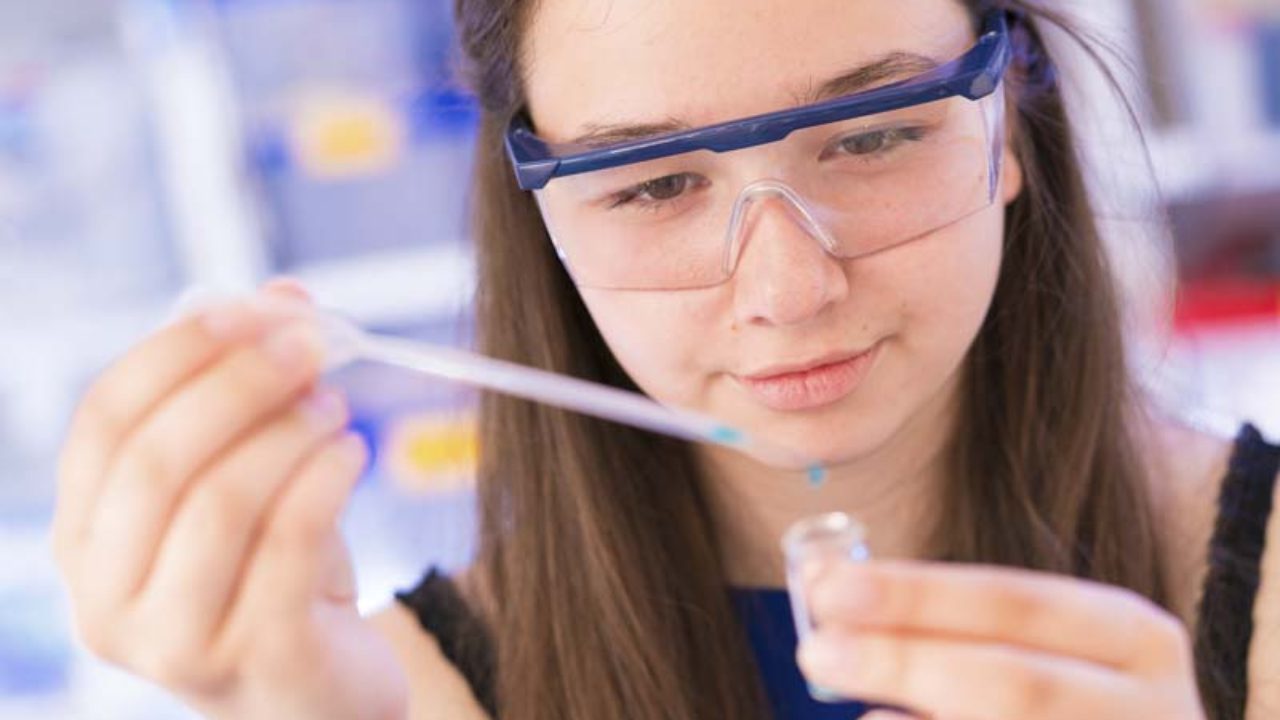Featured Posts
 Understanding the Differences: CVD vs. HPHT Lab Grown Diamonds
Understanding the Differences: CVD vs. HPHT Lab Grown Diamonds Man Made Diamonds Melbourne: The Premier Choice for Ethical, Stunning Diamonds
Man Made Diamonds Melbourne: The Premier Choice for Ethical, Stunning Diamonds Buy Lab Grown Diamonds: A Sustainable and Affordable Alternative to Natural Diamonds
Buy Lab Grown Diamonds: A Sustainable and Affordable Alternative to Natural Diamonds Website Improvement and CMS Integration for Your Plumbing Business
Website Improvement and CMS Integration for Your Plumbing Business Elegant Choices: Exploring Men’s Wedding Bands in Australia with Lab-Made Diamonds
Elegant Choices: Exploring Men’s Wedding Bands in Australia with Lab-Made Diamonds Diamonds Wholesale Singapore: Your Ultimate Guide to Finding the Perfect Sparkle
Diamonds Wholesale Singapore: Your Ultimate Guide to Finding the Perfect Sparkle Fax from iPhone: Upgrade Your Communication Instantly
Fax from iPhone: Upgrade Your Communication Instantly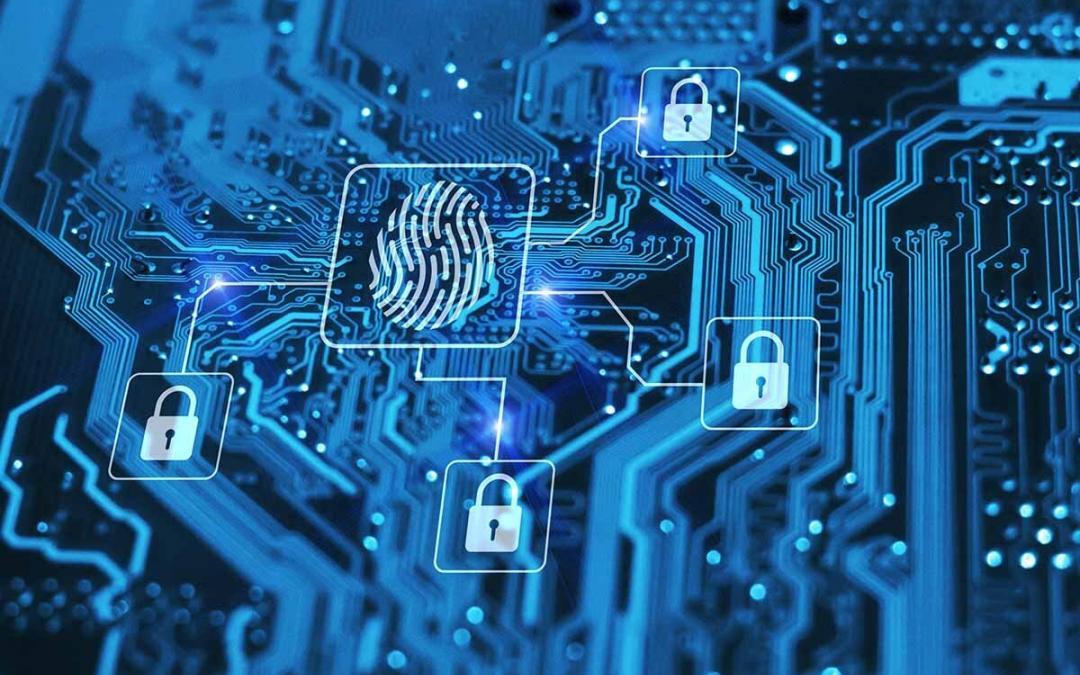 Why Your Business Needs a UTM Solution
Why Your Business Needs a UTM Solution Effective Ways to Clean Sticky Residue Off Plastic Items
Effective Ways to Clean Sticky Residue Off Plastic Items Crafting Audio Bliss: Your Guide to the Perfect Setup with Ultimate Stream
Crafting Audio Bliss: Your Guide to the Perfect Setup with Ultimate Stream Optimal Strategies for Boosting Sales in Your eCommerce Business 7 Key Approaches
Optimal Strategies for Boosting Sales in Your eCommerce Business 7 Key Approaches The Creative Possibilities When It Comes to Unique Sticker Papers
The Creative Possibilities When It Comes to Unique Sticker Papers Exploring the Fifth Circuit Court of Appeals: An Insightful Guide
Exploring the Fifth Circuit Court of Appeals: An Insightful Guide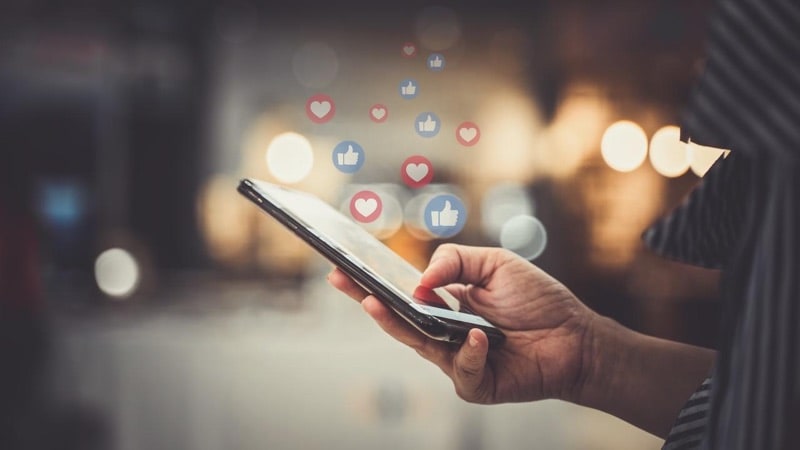 6 tips to promote your church revival event on social media
6 tips to promote your church revival event on social media 5 Core Benefits of Litigation Support
5 Core Benefits of Litigation Support
Most Viewed
 How And What Will Be The Role Of Software For Testing API
How And What Will Be The Role Of Software For Testing API How To Improve Your Business’s Website SEO
How To Improve Your Business’s Website SEO The Pros of Java Development
The Pros of Java Development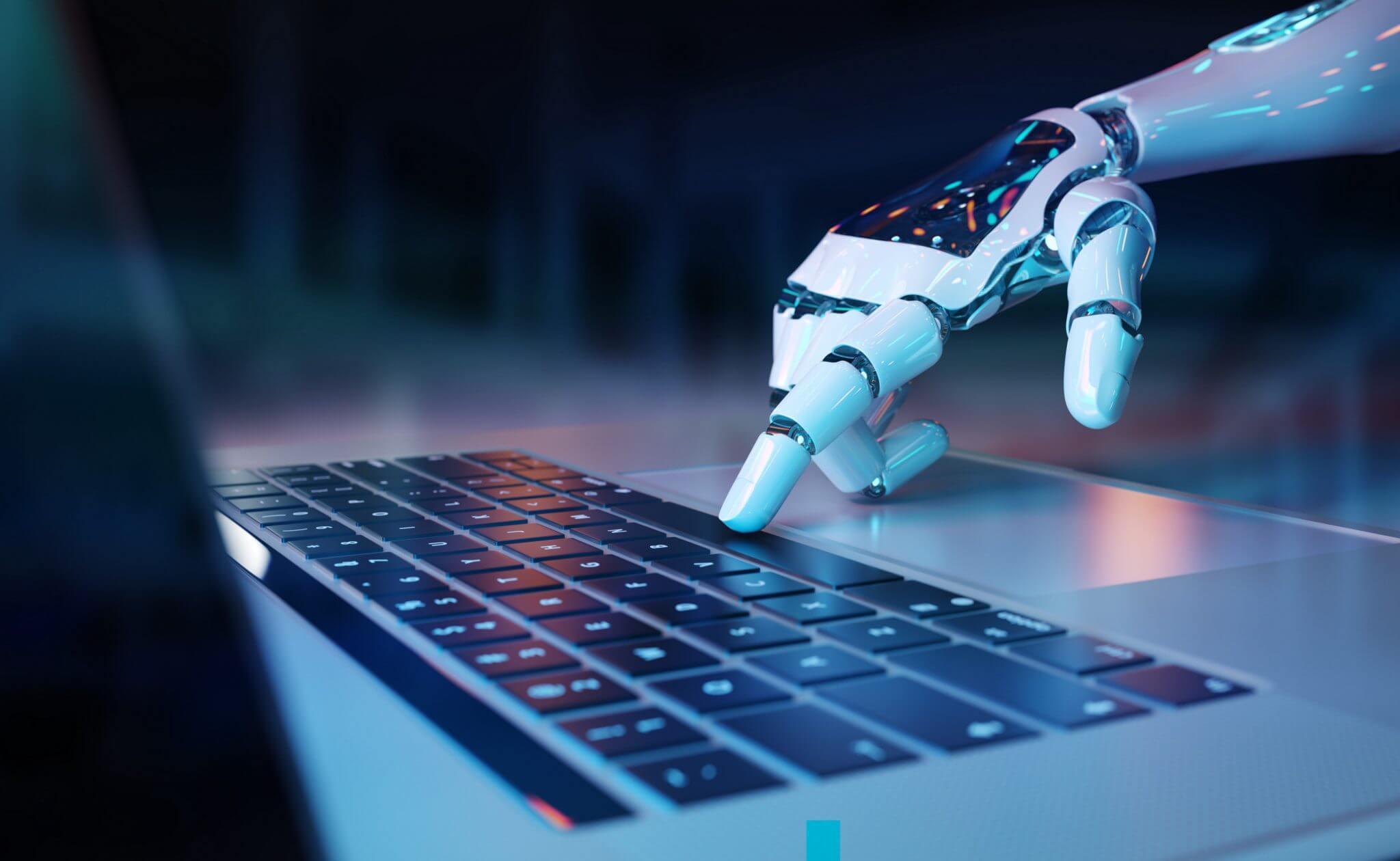 Implementing Continuous Integration and Continuous Deployment with Test Automation: A Comprehensive Guide
Implementing Continuous Integration and Continuous Deployment with Test Automation: A Comprehensive Guide Crafting Audio Bliss: Your Guide to the Perfect Setup with Ultimate Stream
Crafting Audio Bliss: Your Guide to the Perfect Setup with Ultimate Stream GOOGL and Parenting
GOOGL and Parenting Women’s Hats for Winter: Which one is Your?
Women’s Hats for Winter: Which one is Your? How to Spot Bullish Patterns in Crypto
How to Spot Bullish Patterns in Crypto Knowing about 11th and 12th Commerce Stream syllabuses
Knowing about 11th and 12th Commerce Stream syllabuses Tips To Make You A Better Web Designer
Tips To Make You A Better Web Designer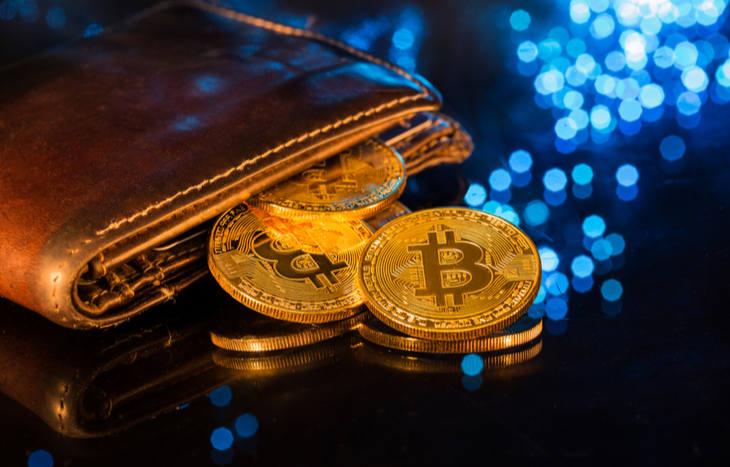 Bitcoin Wallets: How They Work and What to Look For
Bitcoin Wallets: How They Work and What to Look For Why You Should Edit Videos In The Cloud
Why You Should Edit Videos In The Cloud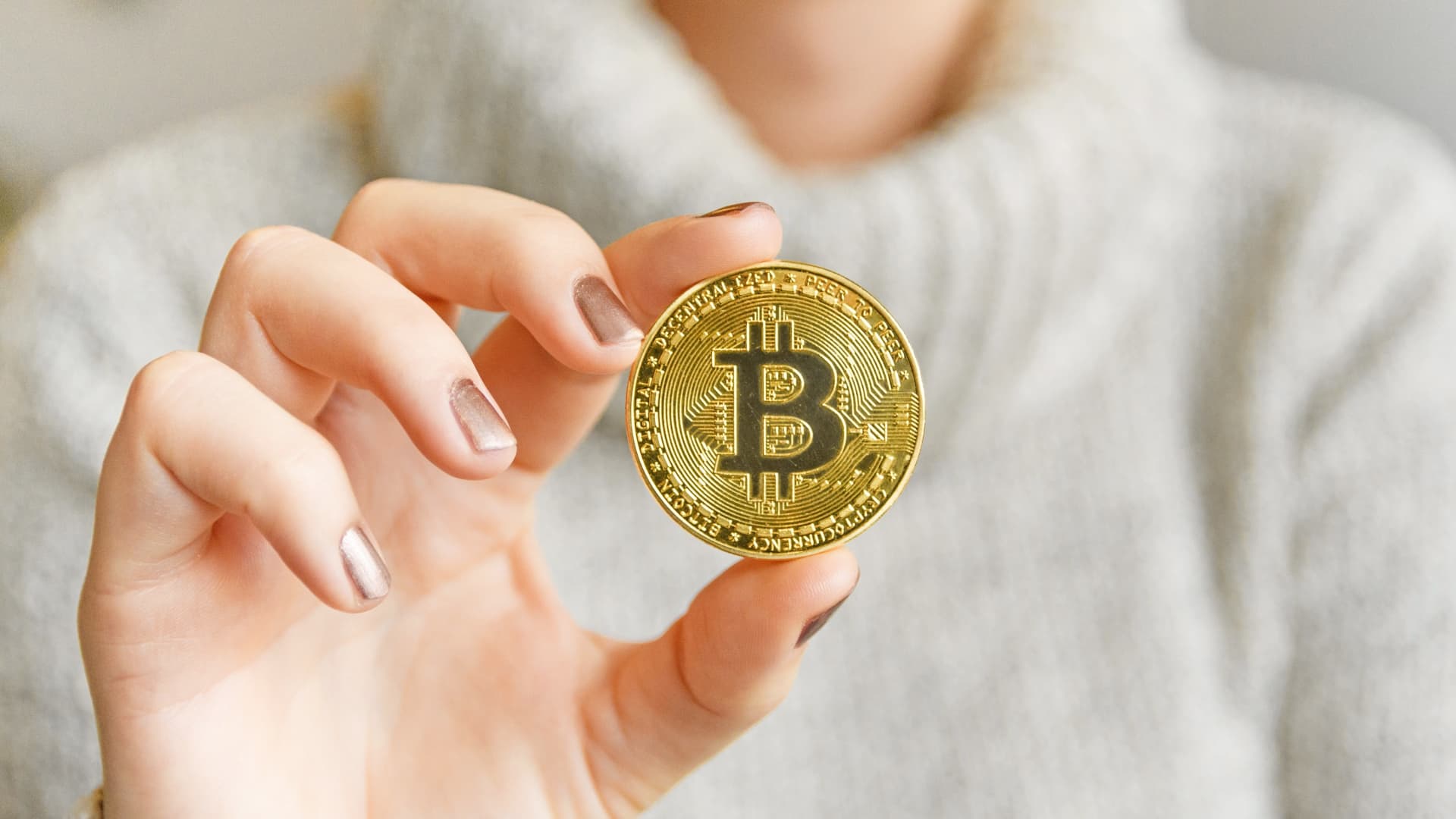 Why Is Bitcoin So Popular Among All Cryptocurrencies? Reasons Explained
Why Is Bitcoin So Popular Among All Cryptocurrencies? Reasons Explained Things to Look For When Choosing a Sportsbook
Things to Look For When Choosing a Sportsbook Why Are Proxies Useful?
Why Are Proxies Useful?
Latest Posts
 Understanding the Differences: CVD vs. HPHT Lab Grown Diamonds
Understanding the Differences: CVD vs. HPHT Lab Grown Diamonds Man Made Diamonds Melbourne: The Premier Choice for Ethical, Stunning Diamonds
Man Made Diamonds Melbourne: The Premier Choice for Ethical, Stunning Diamonds Buy Lab Grown Diamonds: A Sustainable and Affordable Alternative to Natural Diamonds
Buy Lab Grown Diamonds: A Sustainable and Affordable Alternative to Natural Diamonds Website Improvement and CMS Integration for Your Plumbing Business
Website Improvement and CMS Integration for Your Plumbing Business Elegant Choices: Exploring Men’s Wedding Bands in Australia with Lab-Made Diamonds
Elegant Choices: Exploring Men’s Wedding Bands in Australia with Lab-Made Diamonds Diamonds Wholesale Singapore: Your Ultimate Guide to Finding the Perfect Sparkle
Diamonds Wholesale Singapore: Your Ultimate Guide to Finding the Perfect Sparkle Fax from iPhone: Upgrade Your Communication Instantly
Fax from iPhone: Upgrade Your Communication Instantly Why Your Business Needs a UTM Solution
Why Your Business Needs a UTM Solution Effective Ways to Clean Sticky Residue Off Plastic Items
Effective Ways to Clean Sticky Residue Off Plastic Items Crafting Audio Bliss: Your Guide to the Perfect Setup with Ultimate Stream
Crafting Audio Bliss: Your Guide to the Perfect Setup with Ultimate Stream Optimal Strategies for Boosting Sales in Your eCommerce Business 7 Key Approaches
Optimal Strategies for Boosting Sales in Your eCommerce Business 7 Key Approaches The Creative Possibilities When It Comes to Unique Sticker Papers
The Creative Possibilities When It Comes to Unique Sticker Papers Exploring the Fifth Circuit Court of Appeals: An Insightful Guide
Exploring the Fifth Circuit Court of Appeals: An Insightful Guide 6 tips to promote your church revival event on social media
6 tips to promote your church revival event on social media 5 Core Benefits of Litigation Support
5 Core Benefits of Litigation Support

While most kids do science experiments as part of their elementary and middle school curriculum, these projects are preparing them for the real world. Experiments encourage critical thinking, teamwork, and independent exploration, all of which are skills children need to develop early on. Read on for four lessons science fair projects teach children.
1. The Importance of Hands-On Learning
A new study suggests that hands-on, experience-based learning can have a powerful impact on young children. For example, science experiments allow children to learn how things work by seeing them first hand. These experiences can also help kids learn self-control, which is key for the healthy development of certain parts of their brains.
With the best 3rd grade science project ideas, kids are actively engaging with science at work as they make discoveries. With hands-on projects as part of the curriculum, students learn that school assignments aren’t always boring and repetitive.
2. Asking Questions and the Scientific Process
A great way to learn more is by asking questions. Children need to ask questions when they are working on a science experiment because that is how they get information about what they’re doing. If children don’t ask questions when experimenting, then they are missing out on learning opportunities. This may cause them to make mistakes, which can result in bad grades or even injury if safety is not taken into consideration.
When children work on science experiments at home, parents should encourage them to ask questions. Even if your child doesn’t have any specific questions at first, not knowing all the answers initially will motivate them to gain a better understanding of what’s happening in the experiment.
3. Remain Curious About Everything
Hands-on science projects can be a great way for kids to learn more about their interests and cultivate a sense of curiosity. However, it’s not always easy to come up with ideas or implement experiments. Thankfully, there are many resources online and at the library that can help kids and parents explore science together. more efficiently. Performing experiments regularly will help children remember to always stay curious.
4. Communication and Other Life Skills
Experience and knowledge learned through science experiments can help kids excel in their future careers. Experimenting with scientific concepts and processes gives children firsthand experience with real-world challenges that they may face as adults. The hands-on approach of these experiments teaches kids how to stay calm and think clearly when faced with real-world scenarios.
For example, being able to effectively organize a group or communicate an idea can be applied both at home and at work. Likewise, each experiment teaches children to keep going, even if they don’t succeed the first few times.
Science projects can seem like strange and fun tasks to children that are new to the idea, but they teach kids valuable life skills that they’ll need later on. Keep this information in mind as you help your children fall in love with experimenting and the scientific process.
Written by Cheryl Waller
Trending Posts
 Discover How To Design Your Site Like A Pro
Discover How To Design Your Site Like A Pro Learn How To Start Transit Insurance Policy
Learn How To Start Transit Insurance Policy Man Made Diamonds Melbourne: The Premier Choice for Ethical, Stunning Diamonds
Man Made Diamonds Melbourne: The Premier Choice for Ethical, Stunning Diamonds Lorraine Chen Ecommerce Business Coach Review
Lorraine Chen Ecommerce Business Coach Review Tips And Tricks Every Web Designer Should Know
Tips And Tricks Every Web Designer Should Know How to Find the Best Web Scraping App Store for Your Needs
How to Find the Best Web Scraping App Store for Your Needs 4 Checks Before You Choose Your IT Development Partner
4 Checks Before You Choose Your IT Development Partner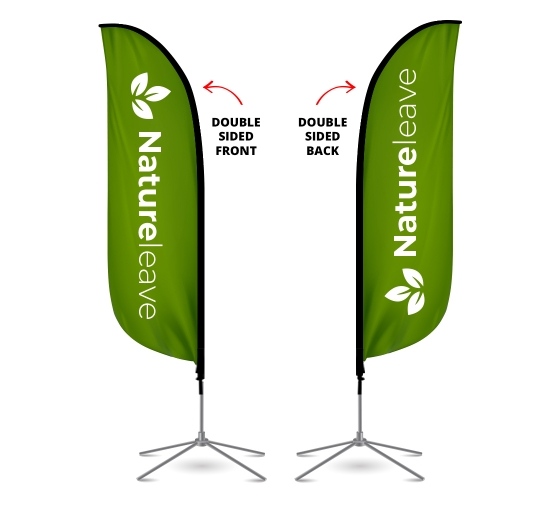 Top Reasons Why Brands Use Feather Flags for On-Ground Advertising and Promotion
Top Reasons Why Brands Use Feather Flags for On-Ground Advertising and Promotion 5 Tips for Using Video Content on Your E-commerce Site
5 Tips for Using Video Content on Your E-commerce Site How to Deal With Frozen Pipes in the House?
How to Deal With Frozen Pipes in the House? Cbook 12in m7 a Newly Trending Device in Market so Popular
Cbook 12in m7 a Newly Trending Device in Market so Popular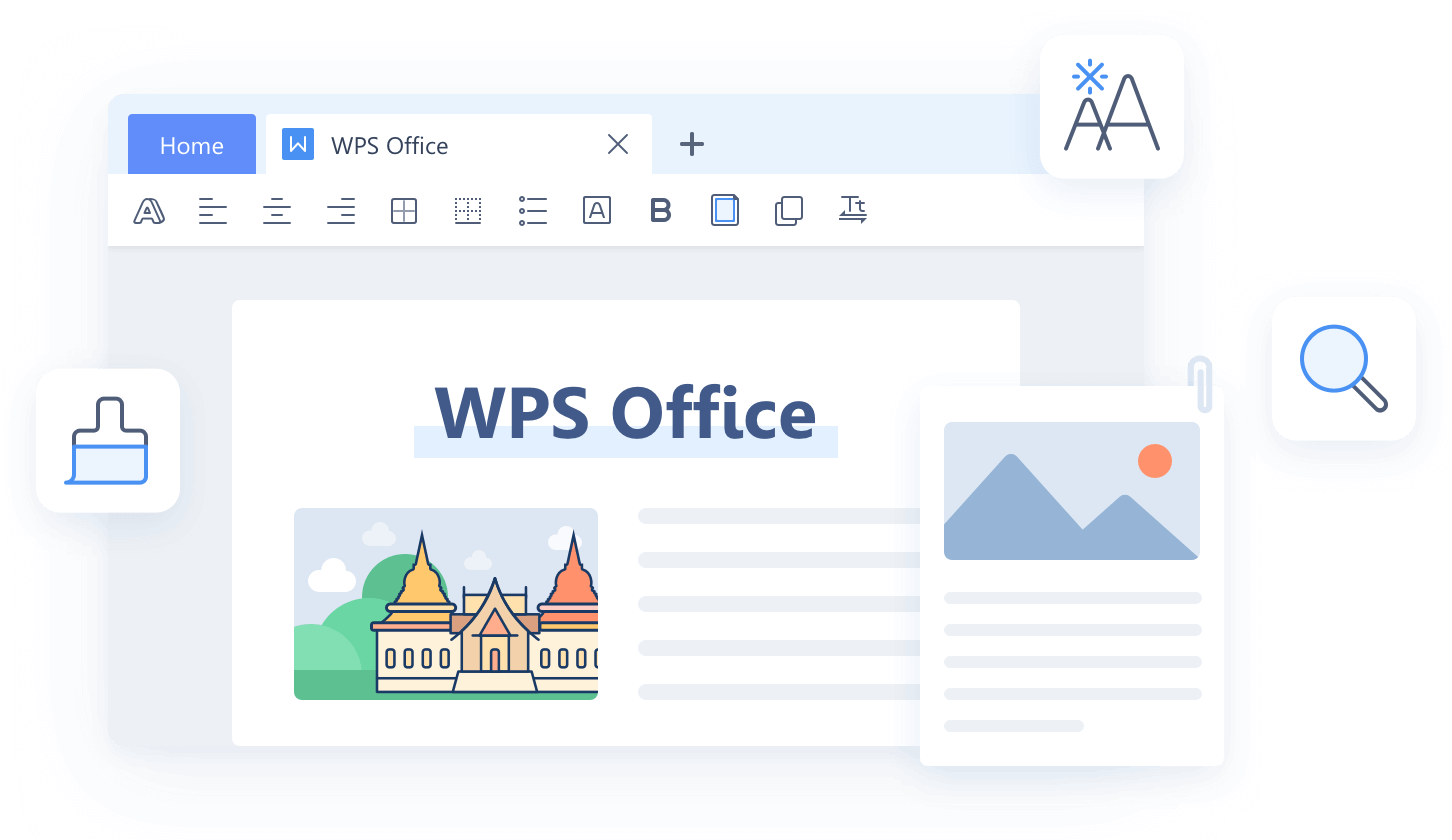 What Is WPS Office?
What Is WPS Office? 5 Wonderful Benefits Of Getting Bobbleheads Custom-Created By Professionals
5 Wonderful Benefits Of Getting Bobbleheads Custom-Created By Professionals Elegant Choices: Exploring Men’s Wedding Bands in Australia with Lab-Made Diamonds
Elegant Choices: Exploring Men’s Wedding Bands in Australia with Lab-Made Diamonds Investing: The Definitive Guide to the Stock Market
Investing: The Definitive Guide to the Stock Market
Most Viewed
/GettyImages-4908818432-5ad334de8e1b6e00374ea8f5.jpg) Printing Text Messages from Android with SMS EasyExporter
Printing Text Messages from Android with SMS EasyExporter What Is Biticodes And How It Can Help You Trading Cryptos?
What Is Biticodes And How It Can Help You Trading Cryptos? Is Lorraine Chen A Scam Full Scam Reviews of Specter Ecommerce Program
Is Lorraine Chen A Scam Full Scam Reviews of Specter Ecommerce Program1560894203174310.jpg) My Laptop’s Battery Dies Fast
My Laptop’s Battery Dies Fast Coinbase will enter the Japanese market. The cryptocurrency exchange has received regulatory approval
Coinbase will enter the Japanese market. The cryptocurrency exchange has received regulatory approval White Chromebook Knowing The Absolute Worth And Key Features
White Chromebook Knowing The Absolute Worth And Key FeaturesHow To Deploy Surveys On An Android Device Using Kiosk Mode?
 Effective Ways to Clean Sticky Residue Off Plastic Items
Effective Ways to Clean Sticky Residue Off Plastic Items Everything You Need To Know For Passing The TOGAF ®9 Certification Training Test.
Everything You Need To Know For Passing The TOGAF ®9 Certification Training Test.![How To FIX [PII_EMAIL_A09AE663ED64D4128110] ERROR CODE IN MICROSOFT OUTLOOK 2021](http://www.terribleanalogies.com/wp-content/uploads/2021/07/How-To-FIX-PII_EMAIL_A09AE663ED64D4128110-ERROR-CODE-IN-MICROSOFT-OUTLOOK-2021-144x144.jpg) How To HOW TO SOLVE THE [PII_EMAIL_F471D3EE8613F77BD6E2] ERROR CODE – [GUIDE] 2021
How To HOW TO SOLVE THE [PII_EMAIL_F471D3EE8613F77BD6E2] ERROR CODE – [GUIDE] 2021 Web Design Tips That Put You On The Path To Success
Web Design Tips That Put You On The Path To Success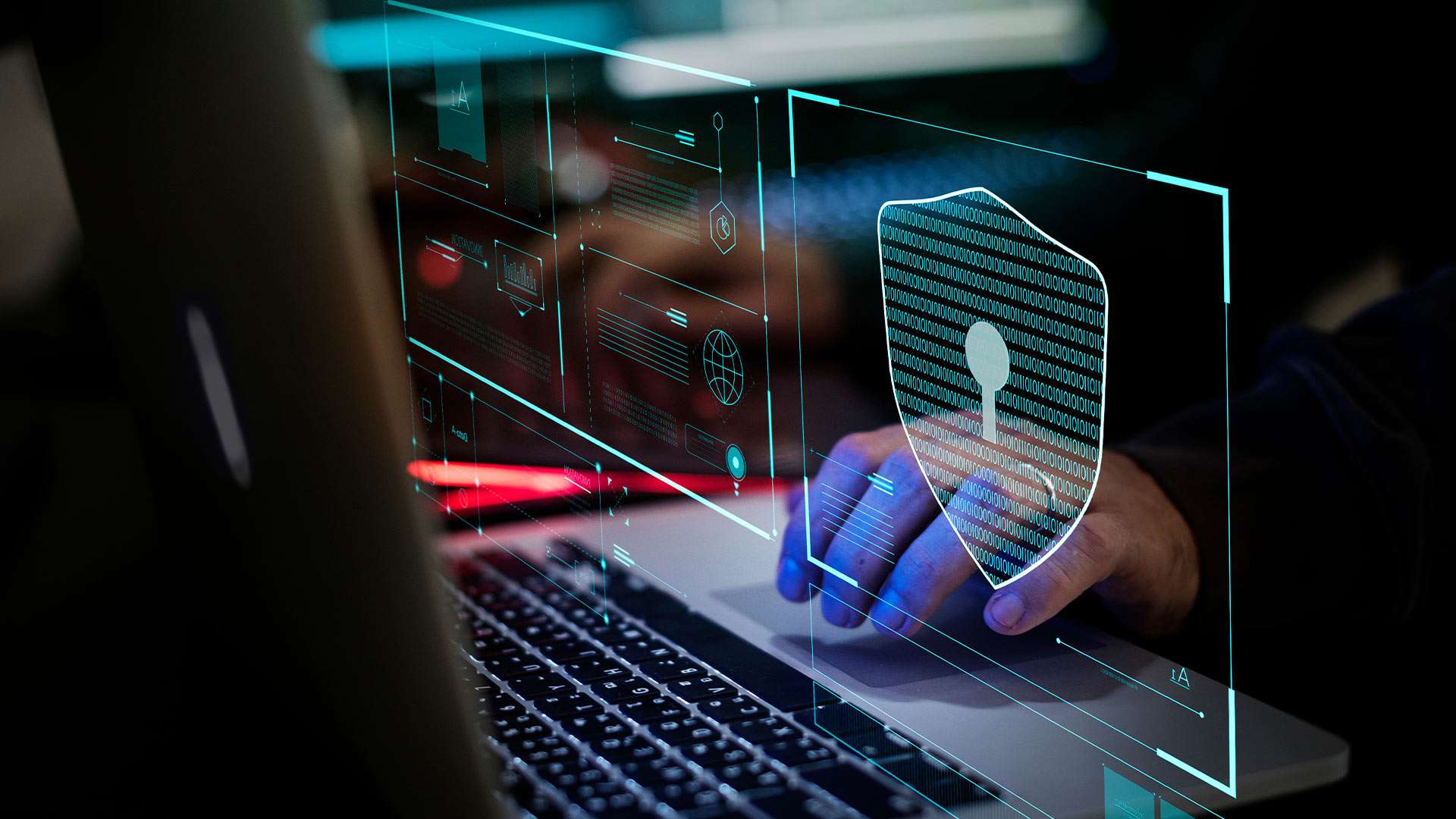 Understanding What It Takes To Be A Web Designer
Understanding What It Takes To Be A Web Designer CBD Oil for Dogs: All You Need to Know
CBD Oil for Dogs: All You Need to Know:max_bytes(150000):strip_icc()/GettyImages-755651077-5b3fedf646e0fb005bc0269e.jpg) Learn How to Code for Beginners
Learn How to Code for Beginners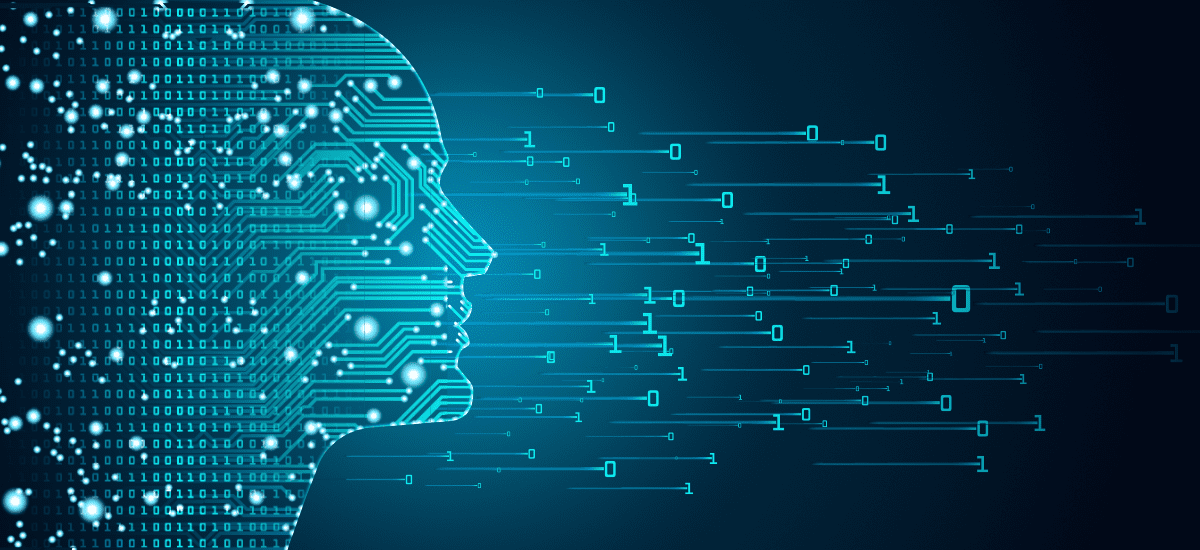 Simple Web Design Tricks You Must Know
Simple Web Design Tricks You Must Know
Trending Posts
 Understanding the Differences: CVD vs. HPHT Lab Grown Diamonds
Understanding the Differences: CVD vs. HPHT Lab Grown Diamonds Man Made Diamonds Melbourne: The Premier Choice for Ethical, Stunning Diamonds
Man Made Diamonds Melbourne: The Premier Choice for Ethical, Stunning Diamonds Buy Lab Grown Diamonds: A Sustainable and Affordable Alternative to Natural Diamonds
Buy Lab Grown Diamonds: A Sustainable and Affordable Alternative to Natural Diamonds Website Improvement and CMS Integration for Your Plumbing Business
Website Improvement and CMS Integration for Your Plumbing Business Elegant Choices: Exploring Men’s Wedding Bands in Australia with Lab-Made Diamonds
Elegant Choices: Exploring Men’s Wedding Bands in Australia with Lab-Made Diamonds Diamonds Wholesale Singapore: Your Ultimate Guide to Finding the Perfect Sparkle
Diamonds Wholesale Singapore: Your Ultimate Guide to Finding the Perfect Sparkle Fax from iPhone: Upgrade Your Communication Instantly
Fax from iPhone: Upgrade Your Communication Instantly Why Your Business Needs a UTM Solution
Why Your Business Needs a UTM Solution Effective Ways to Clean Sticky Residue Off Plastic Items
Effective Ways to Clean Sticky Residue Off Plastic Items Crafting Audio Bliss: Your Guide to the Perfect Setup with Ultimate Stream
Crafting Audio Bliss: Your Guide to the Perfect Setup with Ultimate Stream Optimal Strategies for Boosting Sales in Your eCommerce Business 7 Key Approaches
Optimal Strategies for Boosting Sales in Your eCommerce Business 7 Key Approaches The Creative Possibilities When It Comes to Unique Sticker Papers
The Creative Possibilities When It Comes to Unique Sticker Papers Exploring the Fifth Circuit Court of Appeals: An Insightful Guide
Exploring the Fifth Circuit Court of Appeals: An Insightful Guide 6 tips to promote your church revival event on social media
6 tips to promote your church revival event on social media 5 Core Benefits of Litigation Support
5 Core Benefits of Litigation Support
Popular Posts
 Understanding the Differences: CVD vs. HPHT Lab Grown Diamonds
Understanding the Differences: CVD vs. HPHT Lab Grown Diamonds Man Made Diamonds Melbourne: The Premier Choice for Ethical, Stunning Diamonds
Man Made Diamonds Melbourne: The Premier Choice for Ethical, Stunning Diamonds Buy Lab Grown Diamonds: A Sustainable and Affordable Alternative to Natural Diamonds
Buy Lab Grown Diamonds: A Sustainable and Affordable Alternative to Natural Diamonds Website Improvement and CMS Integration for Your Plumbing Business
Website Improvement and CMS Integration for Your Plumbing Business Elegant Choices: Exploring Men’s Wedding Bands in Australia with Lab-Made Diamonds
Elegant Choices: Exploring Men’s Wedding Bands in Australia with Lab-Made Diamonds Diamonds Wholesale Singapore: Your Ultimate Guide to Finding the Perfect Sparkle
Diamonds Wholesale Singapore: Your Ultimate Guide to Finding the Perfect Sparkle Fax from iPhone: Upgrade Your Communication Instantly
Fax from iPhone: Upgrade Your Communication Instantly Why Your Business Needs a UTM Solution
Why Your Business Needs a UTM Solution



